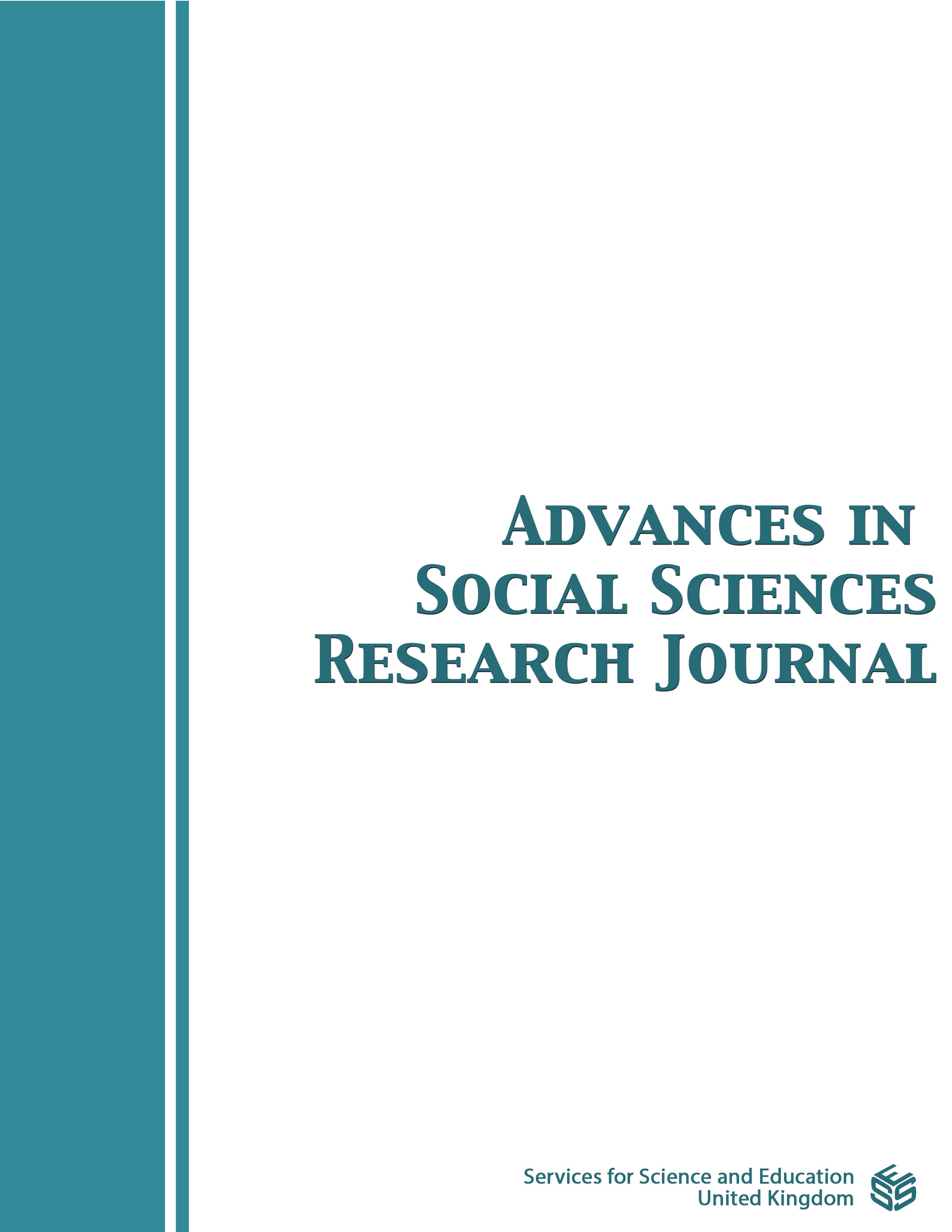Enrollments in a Tobacco Dependence Treatment Program during the Covid-19 Pandemic: A Case Study
DOI:
https://doi.org/10.14738/assrj.911.13443Keywords:
Tobacco Dependence Treatment, Ambulatory Electronic Health Records, Patient Testimonials, Telephone/Telehealth CounselingAbstract
During the pandemic, Covid-19 mortality rates were higher in those who smoke. Smokers reported relapse to tobacco use during the pandemic and /or an increase in the numbers of cigarettes smoked. Individuals reported working from home with more opportunity to smoke without restrictions, increased stress, anxiety, boredom, and isolation as their reasons for relapse or increased cigarette consumption. A health system tobacco cessation program was offered remotely with individual telephone or telehealth sessions and weekly virtual support groups. There was a significant increase in program enrollments and quit rates during the pandemic compared to the previous year. As individuals return to in-person work, tobacco control measures, such as tobacco-free indoor and outdoor environments as well as tobacco cessation programs will be important factors in reducing smoking and encouraging cessation.
Downloads
Published
How to Cite
Issue
Section
License
Copyright (c) 2022 Patricia Folan, Christine Fardellone, Raisa Abramova, Andrea Spatarella

This work is licensed under a Creative Commons Attribution 4.0 International License.
Authors wishing to include figures, tables, or text passages that have already been published elsewhere are required to obtain permission from the copyright owner(s) for both the print and online format and to include evidence that such permission has been granted when submitting their papers. Any material received without such evidence will be assumed to originate from the authors.






